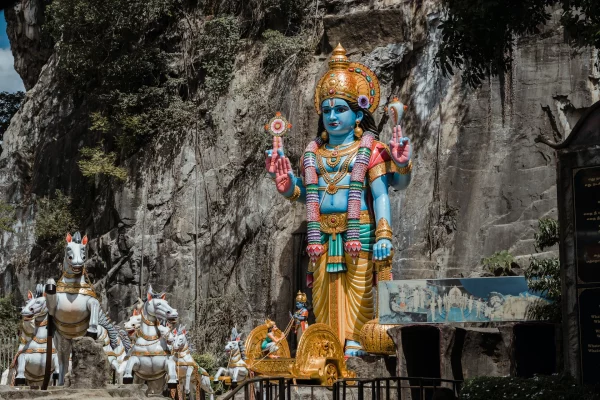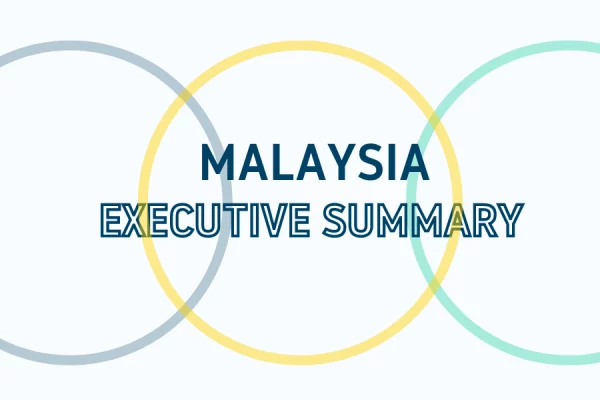Malaysia
To become a more pluralist society, Malaysia must first grapple with inclusive citizenship for everyone, whether they are Bumiputera or not.
Assessed Groups
- Ethno-racial groups
- Religion
- Vulnerable groups
Malaysia is a multi-ethnic, multi-religious country with officially conceived notions of national unity. However, in recent years the social cohesion that characterized the country has transformed into social tension, with affirmative action policies at the centre of this change. These affirmative action policies have allowed Bumiputera (Malay and Indigenous groups) to receive access to more social and economic opportunities. These policies along with the growing role of Islam as the country’s national culture have contributed to social tensions and resulted in feelings of exclusion among non-Malays and non-Muslim Bumiputera. By focusing on ethno-racial groups, religion, and vulnerable groups (Indigenous groups and stateless groups), the Monitor report underscores Malaysia’s greatest challenges for achieving pluralism. This assessment was completed in 2022.
Key Takeaways
Affirmative action policies are a challenge for pluralism
Restrictive freedom of speech policies limits the ability to address inequalities
The centering of Islam as the religion of Malaysia has isolated religious minorities
Recommendations
Improve the reporting of international obligations
Consolidate the authority of policy-making and implementation institutions
Strengthen policies and programs that address diversity and equality.
Improve ethnic relations programs.


